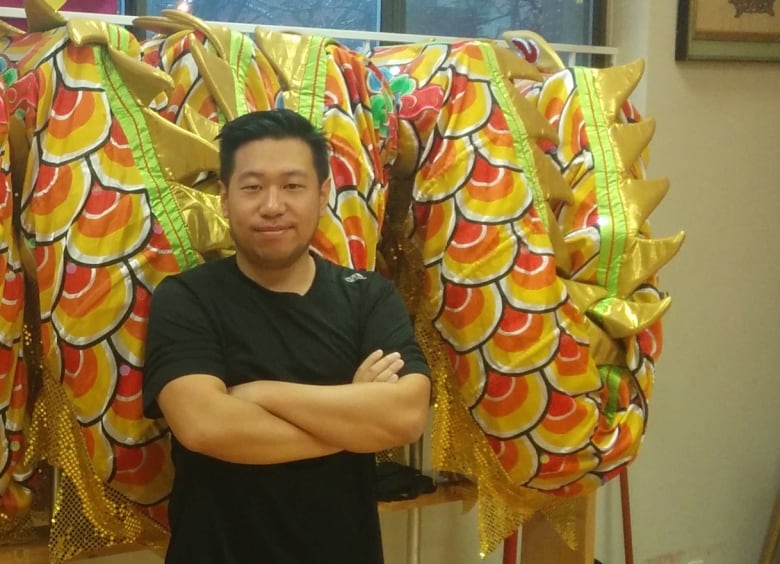Vancouver Chinatown residents share dreams for their neighbourhood
Vancouver is considering how much development there should be in historic neighbourhood

The future of Vancouver's Chinatown is at a crossroads.
What started as a ghetto in the late 19th century for incoming Chinese immigrants quickly grew into one of the largest, most vibrant Chinatowns in North America.
In the mid-20th century, the district went into decline as many businesses and residents moved to other parts of Metro Vancouver.
Though it was officially designated a national historic site in 2011, developers have been eager to get in as part of a movement to revitalize the downtown neighbourhood.
The CBC's, The Early Edition, producer Elaine Chau went to Chinatown to speak with some of the neighbourhood's residents and ask them what they think the future of Chinatown should hold.
Here's what they had to say.
A welcoming place for seniors

Chinatown is home to a large number of Chinese seniors such as Godfrey Tang.
Tang immigrated from Hong Kong 50 years ago and is currently in his 70s. To him, Chinatown represents the homeland he had to leave behind.
"In my heart I would keep on thinking as a Chinese, I should go back to China and get familiar what China is like, what Chinese really is," he said. "But I would like to come and live in Chinatown so I can at least experience what Chinese who live in this area look like."
Chinese seniors have been protested new developments in the area, worried those new development will make rents unaffordable.
Tang said it's important for Chinatown to continue to provide a home to long-term residents.
A world-class cultural destination

As a national historic site, Chinatown has a number of cultural assets that make it an essential part of the city. Vincent Kwan, the director of the Dr. Sun Yat Sen Gardens, dreams of Chinatown as a cultural destination.
"I think the dream is to make Chinatown one of the best known international cultural tourism destinations in the world. That's the ultimate end-goal," he said.
"It's no longer about promoting a specific attraction spot, but to actually celebrate and promote an entire community with rich history and cultural assets."
A foodie's paradise

Edmund Ma, a director with Mah's Benevolent Association, teaches youth kung fu and lion dancing and wants to see more of them hang out in Chinatown.
He said the way to do this is through food.
"This Chinatown belongs to Vancouver and Vancouver's made up of a lot of different people," he said.
"There's Chinese food available in the region, so I strongly feel that Chinatown has the potential to really come up as a foodie's paradise with a lot of diversity. I think there's a great potential for restaurant businesses like a restaurant row on historic Pender Street."
There are signs it's already taking place. Chinatown's Kissa Tanto restaurant was recently named Canada's best new restaurant by enRoute magazine.
A vibrant merger of history and modernity

For some, the future of Chinatown is rooted in fusion.
Maya Sciarretta owns Pazzo Chow. For her, Chinatown is special because of the way it intersects with her Italian upbringing.
"There's so much overlap in food and culture I feel like. Having also grown up here, I wasn't outside. I was part of it. As I got older and wanted to open my own business, I always dreamed about merging those two things that I experienced."
Chinatown has been home to so many immigrants from Italy, Japan and to Vancouver's black community.
"I want to see a marriage between the story of Chinatown and what has existed here for so long [by] moving forward and not ignoring it, just using it."
With files from Elaine Chau
To listen to the segment, click on the link labelled What should the future of Vancouver's Chinatown look like?